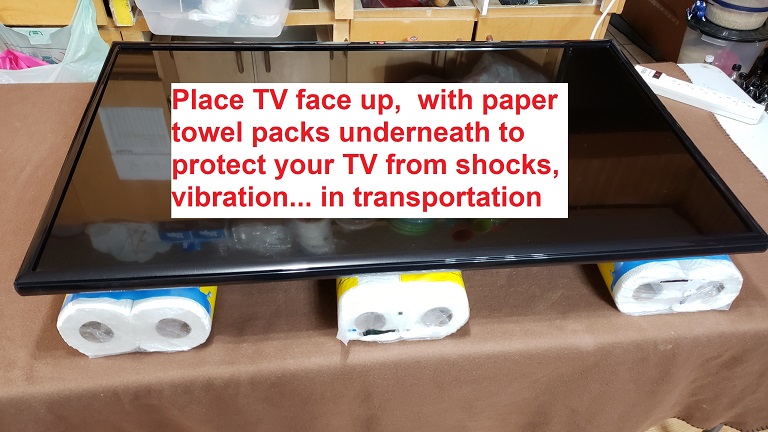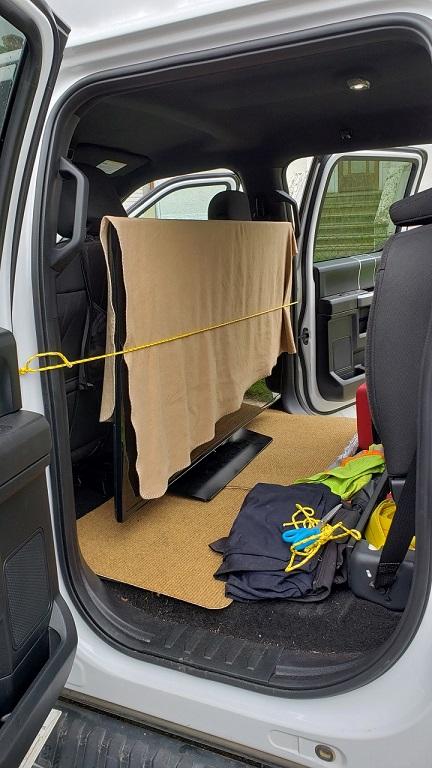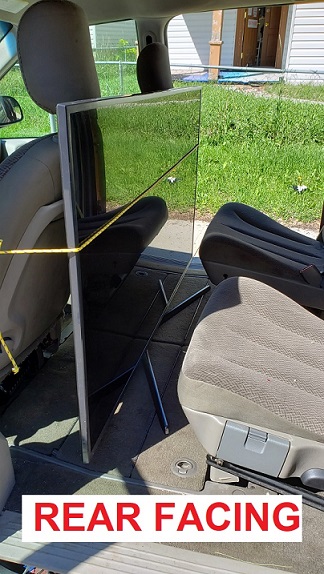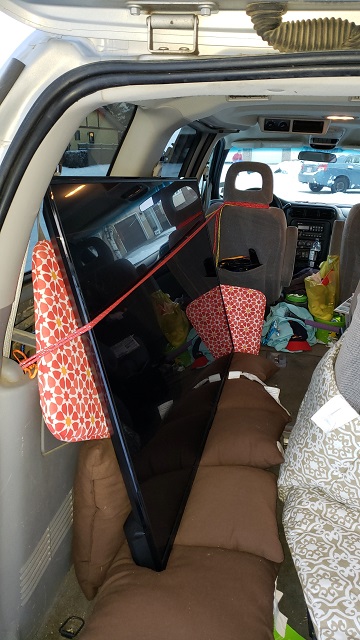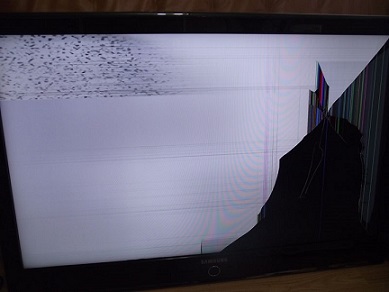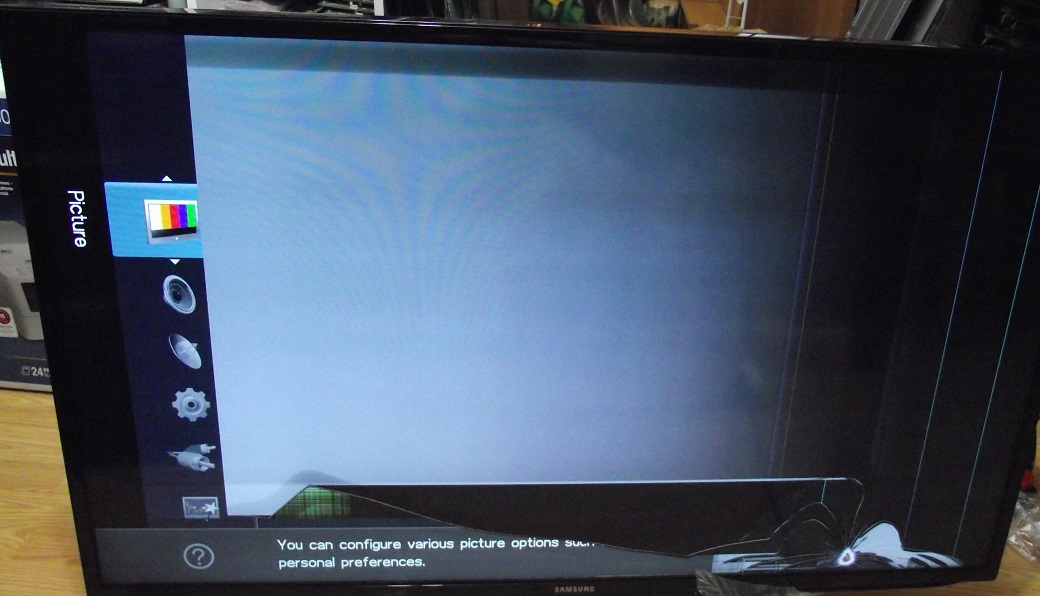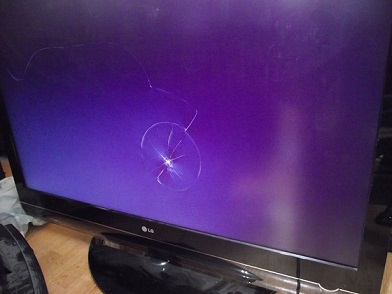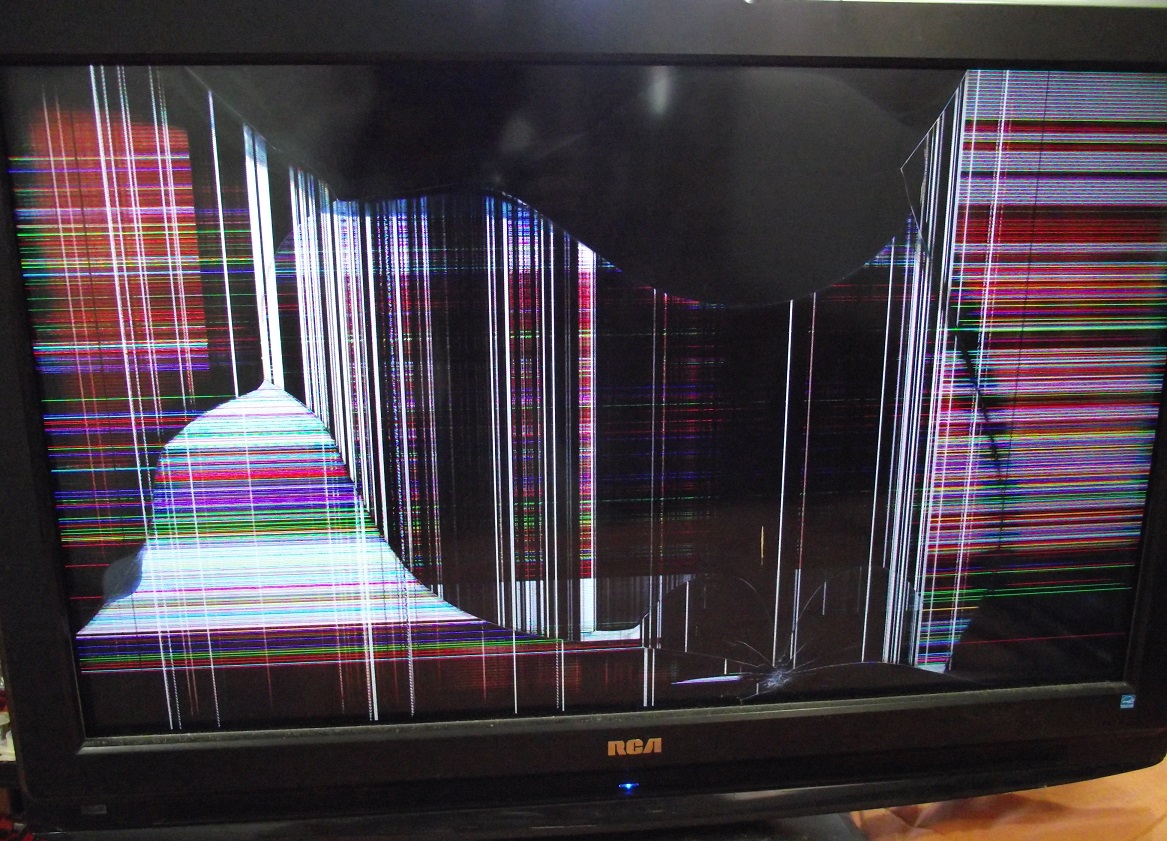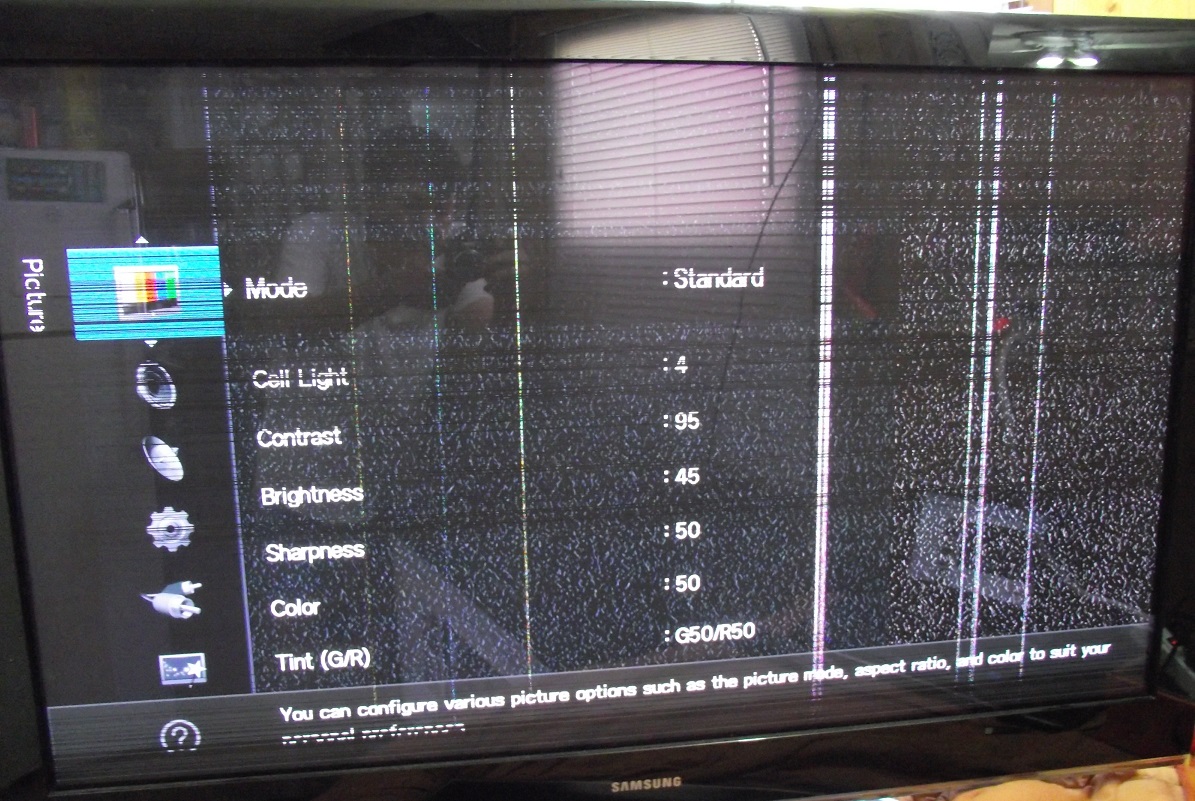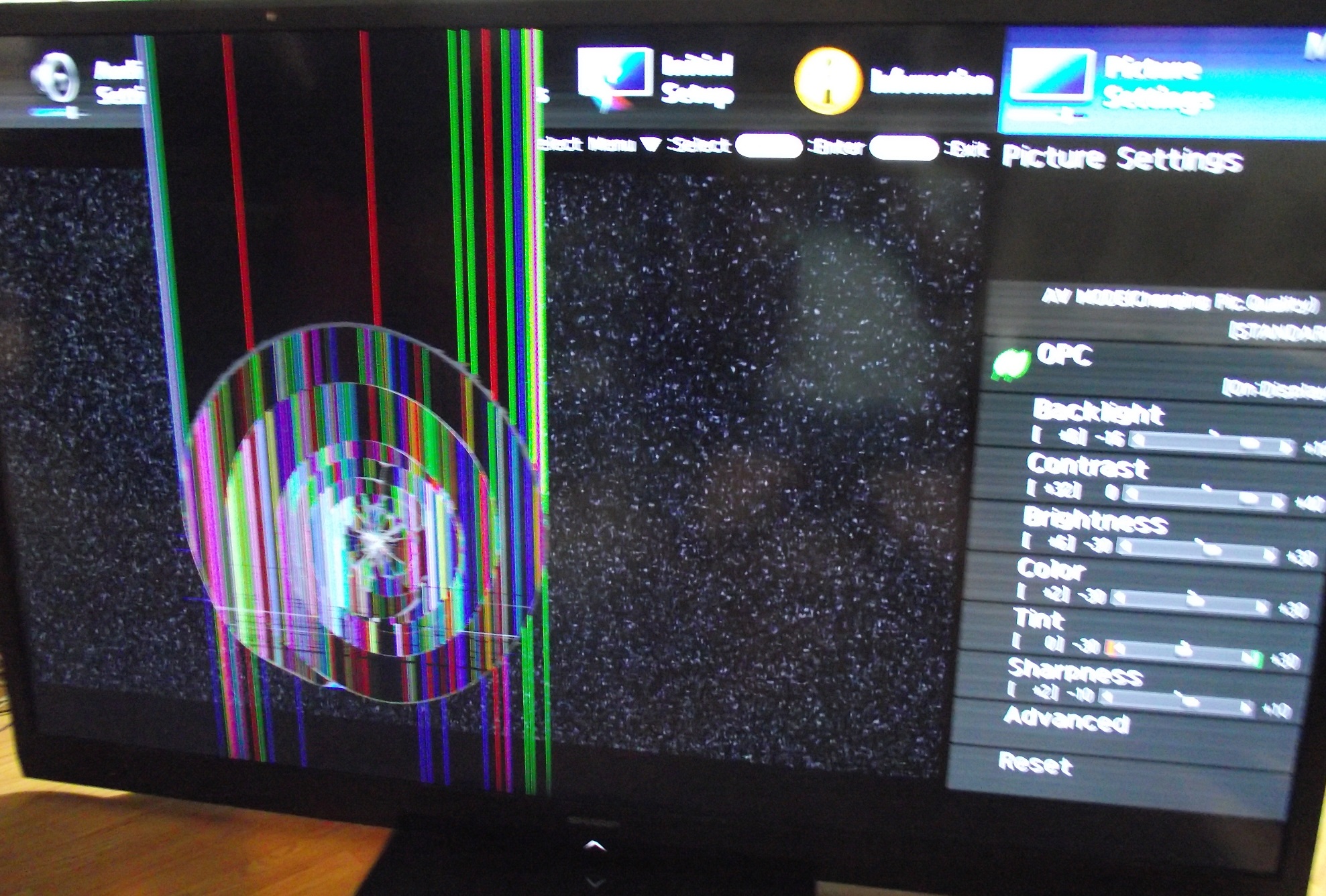Be careful when moving or
transporting your TV! It has a special thin glass screen (between 1 to 3 mm
thickness) on the front!
LCD, LED, or Plasma TV screens are made of special thin glass with millions
of tiny electronic components (pixels) built-in! It is very hard to make,
costly, and easy to crack during transportation! Please use these guidelines
at your own risk. (We do not take any responsibility for the TV screen being
damaged during customer transportation or by our staff helping customers
move their TV as requested).
As the manufacturer recommends, you should move a TV in its original box
(you should NOT use another TV box). If you don't have it, the best position
for TV transportation is a standing position with someone or something
holding the TV. Never grab, touch, press or hit your TV's screen at any time (even
with a small force, it may damage! We have seen many TVs with damaged
screens due to hitting the car's seat when moving, grab or pressing on the
screen ...)
If you have to lay the TV down, the screen must be face up, and you must
place some cushions (blankets, pillows, paper towel rolls, bathroom tissue
packages...) underneath the back of the TV (see photos) to make it "float"
and make sure the TV is securely in place and won't move during
transportation.
(Please
click on photos to enlarge)
- For safety, it is recommended to have at least two
people to move a TV.
- Never leave a TV in your car at freezing temperatures; this can damage
your TV screen.
- When carrying, transporting, or holding your TV, never grab it unevenly or
with excessive force, and avoid bending it. Using rubber gloves can provide
a better grip and reduce the need for excessive force..
- Drive slowly and smoothly, avoid rough roads, bumps, and potholes. It is
better to have someone hold the TV during car transportation.
Please click on the "DAMAGED SCREEN TVs"
link above for more photos and details.
